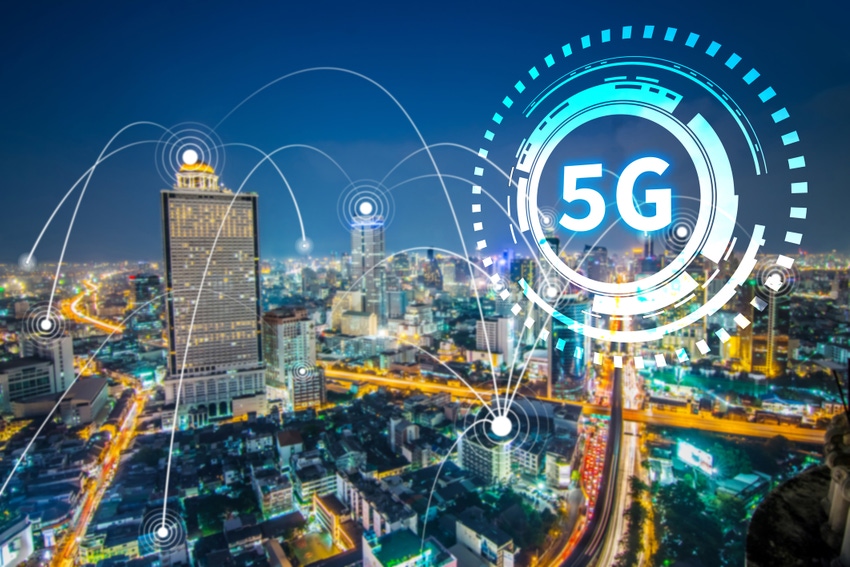Network analysis firm Global Wireless Solutions says that three of the four major operators have doubled their nationwide 5G coverage in the last year.
December 23, 2021

Network analysis firm Global Wireless Solutions says that three of the four major operators have doubled their nationwide 5G coverage in the last year.
The claim was hidden at the bottom of a press release providing a hail of stats around streaming and video calling, based on a consumer survey GWS carried out.
According to its recent drive testing, this year EE’s 5G coverage increased approximately 120%, O2’s 260%, Three’s 150%, and Vodafone’s 90%. GWS also claimed 25 out of the 33 major metropolitan cities and towns it tested now offer 5G coverage from all four operators.
The main theme of the release however was around how many of us are planning to do some video calling over Christmas as the spectre of Omicron threatens to disrupt festive plans. GWS reckons 5.9 million UK adults ‘expect to attend a livestream of Christmas celebrations with family members.’
37% of those surveyed claimed they would have preferred to connect in person – so do we extrapolate from this that 63 percent would prefer not to see family in person this Christmas?
Meanwhile, 34% said that video calling and remote events have helped them to feel included when they were unable to attend a celebration, while 28 percent said it helped them to feel connected to friends and family. Fair enough – but again if these stats are supposed to make the point that we’re using tech to interact with family and friends more, the corollary statement would be that 72% did not say video claiming helped them feel more connected.
The report goes on to highlight ‘the issue of poor video quality, which can damage the inclusive feeling of remote celebrations with family and friends’.
Apparently GWS’s speed testing found that 33 percent had inadequate speeds to either watch or broadcast a live HD stream effectively – which it defines as speeds less than 5 Mbps to watch and 4.5 Mbps to broadcast. They seem to be talking specifically about ‘HD’ livestreams, as opposed to video calling in general.
Hold on a minute, but that means 67% said… oh you get the idea.
“The pandemic continues to underline the importance of robust digital connectivity that allows people to meet virtually when the risks of in person socialising are high,” said Paul Carter, CEO, Global Wireless Solutions. “Video calling and livestreaming have provided so many with much needed relief when families and friends are forced apart over important celebrations like Christmas, New Years, and other occasions. Our data points to the fact that whilst current network capabilities allow people to feel connected, there are limitations.
“The increased importance of high-quality streaming services, enabled by reliable connectivity, shows that the UK must continue to embrace technological innovation and invest in its digital infrastructure to ensure people can continue to come together virtually. 5G technology, with its reliability, super-fast speeds and low latency provides an answer to this issue. Online connections with friends and family will once again provide a lifeline for many through this coming Christmas period. Our investments in 5G technology will ensure that this is an option open to all.”
So there are a few things being said at once here – but the gist seems to be that lots of us will video call gramps this Christmas, but some people don’t have connections that will allow them to do that smoothly in high definition. Therefore the 5G rollout is important, which is just as well because coverage has doubled in the UK over the last year according to its tests.
About the Author(s)
You May Also Like








.png?width=300&auto=webp&quality=80&disable=upscale)


_1.jpg?width=300&auto=webp&quality=80&disable=upscale)


.png?width=800&auto=webp&quality=80&disable=upscale)